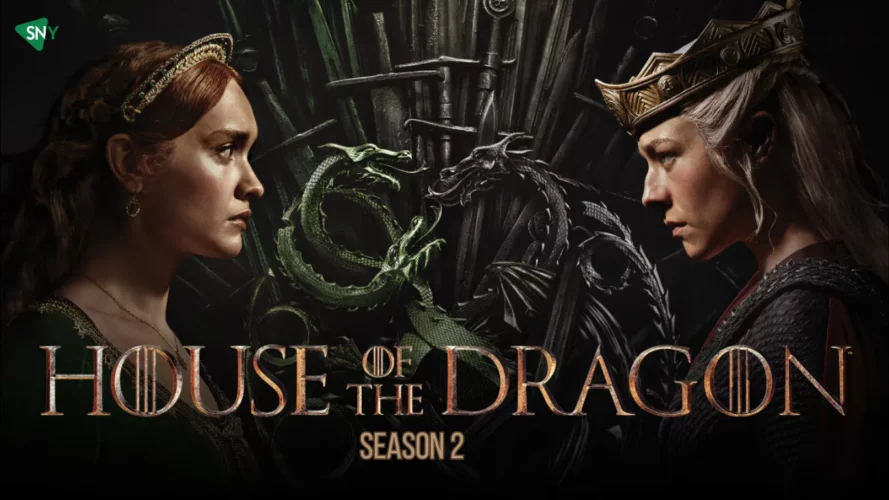The revival of X-Men ’97 on Disney+ has breathed new life into the beloved 1990s animated series, delivering a fresh take that honours the original while forging its own path. By ignoring the tease of integrating a $1B+ Marvel movie character, the show has made a deliberate and wise choice. Instead of focusing on characters already prominent in the X-Men movies, X-Men ’97 centres on lesser-known mutants, providing depth and development to characters who were previously underutilized.
The Creative Decision Behind X-Men ’97’s Character Focus
One of the standout choices in X-Men ’97 is the decision to sideline Wolverine and completely exclude Deadpool, despite their immense popularity. While some fans might have expected these characters to dominate the narrative, the showrunners chose to highlight other members of the X-Men.
This approach not only offers fresh storylines but also prevents the overshadowing of the ensemble cast by a few marquee names.
Embracing Depth Over Star Power
X-Men ’97 brilliantly continues the legacy of the 1990s series by delving into complex themes such as racism, war, and genocide. These serious topics demand a respectful and nuanced approach, which would be undermined by Deadpool’s meta-humor and irreverent style.

Wade Wilson’s penchant for breaking the fourth wall and his often crude jokes could disrupt the tone and detract from the gravity of the issues being explored.
Highlighting Lesser-Known Mutants in X-Men ’97
The focus on characters like Rogue, Cyborg, Beast, Jean Grey, and Gambit allows X-Men ’97 to explore rich, character-driven stories that might not fit into the broader Marvel movie character roster. This narrative choice provides a platform for these mutants to shine, offering viewers new perspectives and deeper connections to the X-Men universe.
Why Deadpool Doesn’t Fit in X-Men ’97
Deadpool’s absence from X-Men ’97 is a calculated decision. His comedic and often disruptive presence would clash with the series’ serious tone. The X-Men already have Morph, a character who provides comic relief without undermining the story’s emotional weight.
Morph’s humor is well-integrated into the team dynamics, adding levity without detracting from the show’s more profound themes.
The Strategic Exclusion of Deadpool from X-Men ’97
Given the timing of X-Men ’97 and the upcoming Deadpool & Wolverine film, the exclusion of Deadpool from the animated series makes strategic sense.

Deadpool is set to join the MCU in a significant way, alongside Hugh Jackman’s Wolverine, in a movie that promises to explore their dynamic extensively. Including Deadpool in X-Men ’97 would be redundant and could dilute the impact of his film appearance.
Focusing on the Future of the X-Men Universe
By not relying on Deadpool or overly emphasizing Wolverine, X-Men ’97 paves the way for other mutants to receive the attention they deserve. This approach not only enriches the series but also ensures that when characters like Deadpool and Wolverine do appear in the MCU, it feels special and significant.
The Balance of Humor and Seriousness in X-Men ’97
The inclusion of comic relief in X-Men ’97 through characters like Morph ensures that the show maintains a balance between humour and serious storytelling. This balance is crucial for engaging viewers while respecting the weighty themes the series tackles. Unlike the often lighthearted tone of the Guardians of the Galaxy, X-Men ’97 requires a more measured approach to humour.
X-Men ’97 Sets a New Standard
X-Men ’97 makes a bold statement by focusing on character development and complex themes over star power. By excluding Deadpool and reducing Wolverine’s role, the series allows other mutants to shine and provides a more nuanced and engaging narrative.
As fans eagerly await the next instalments, X-Men ’97 stands as a testament to the power of thoughtful storytelling in the superhero genre. This strategic direction ensures that X-Men ’97 remains one of Marvel’s best projects, setting a new standard for animated adaptations.




